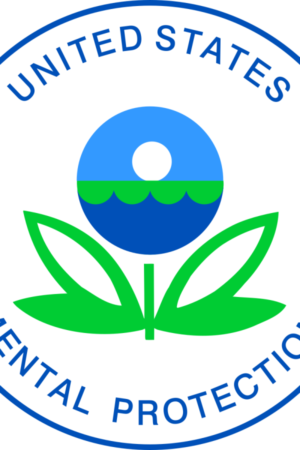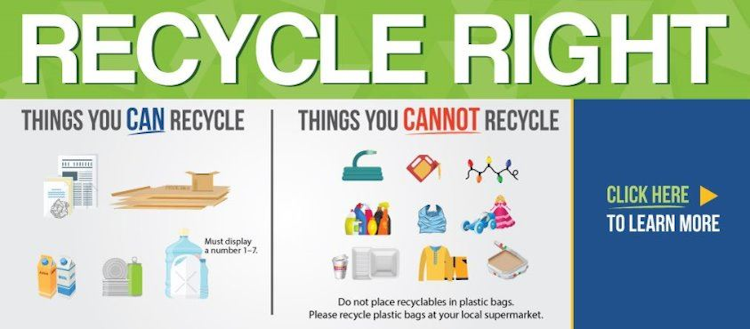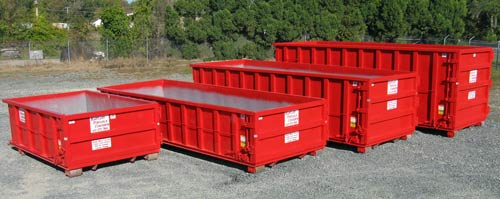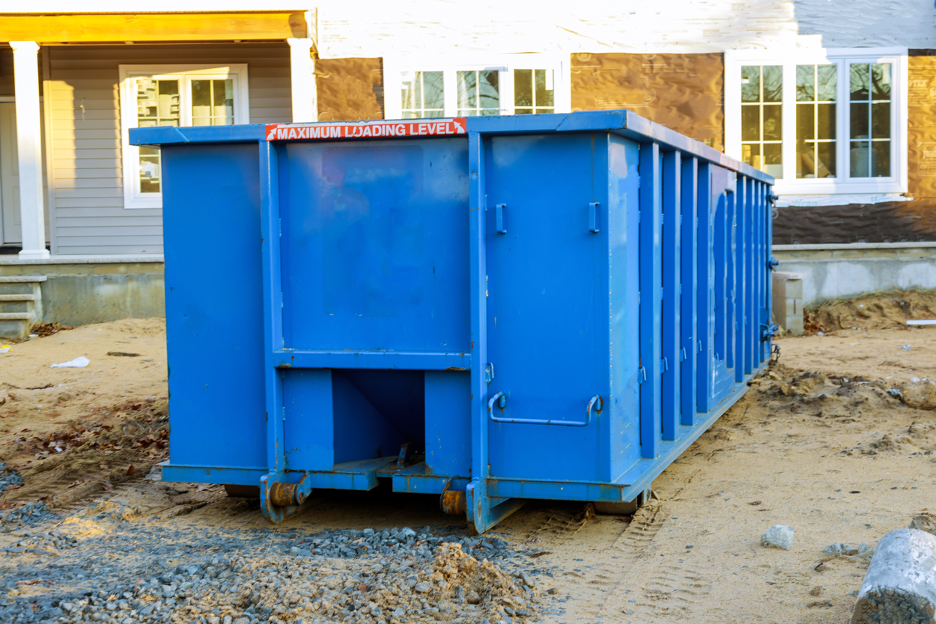Everyone recycles. Or at least everyone tries! But do you really know how to recycle without doing anything?
Everyone sorts their waste to participate in recycling, or almost. According to the Observatory of Sorting Gestures, 87% of American people say they sort. Only less than half do the s orting systematically, and most also make mistakes in sorting. The result? Only 67% of household waste is recycled!
The problem is that the recycling rules are not always clear and not always well applied. To help you, here are some simple rules to follow for proper sorting. So here are the basics: to sort your waste, there are generally 3 bins: the bin for recyclables, the bin for ordinary waste, and the bin for glasses. As a general rule, it is said that the bin for glasses receives all glass-based waste, that of recyclables receives plastics, paper, cardboard and metal, while the classic bin is made for everything else, this that cannot be recycled (especially food waste). But in fact, it is not that simple! Here are some rules for getting there.
How to sort and recycle
Let’s start with recyclables. First, there is a list of waste that is systematically (or almost) recycled:
- Cardboard boxes (pasta boxes, cake boxes, pizza boxes and others) provided they are not too dirty or too wet.
- Papers (newspapers, magazines, flyers) are almost always recycled. The only exceptions are photo papers and wallpaper, which are laminated and benefit from specific treatment that makes recycling impossible.
- Steel and aluminum (tins, aluminum trays, cans, aerosols), but not aluminum foil which is too thin to be recycled. Similarly, coffee capsules are not recycled.
- Food bricks (soups, milk, creams and others) which are generally made up of a mixture of cardboard, aluminum and polyethylene.
All these materials are systematically recycled in California. You can therefore always put them in your “recyclable” bin except for the exceptions mentioned above.
How to recycle: plastic is not automatic
Then, you should know that many things that we think are recyclable are not in fact recyclable. In reality, only a small part of our waste is recyclable, including among the materials that are often perceived as such. For what? Quite simply because to be recycled, a material must meet certain criteria: be thick enough, have a particular composition and a specific melting temperature, for example.
Plastics are a good example. We often think that plastics are all recyclable when in fact, this is far from the case. There are dozens of kinds of plastics: flexible, rigid, opaque or transparent, thin or thick. And contrary to popular belief, most are not recycled. In fact, as a general rule, only the plastics used for the manufacture of bottles and other vials are recycled. This means that your water, milk or oil bottle as well as your shampoo bottles or your cosmetics bottles are recyclable, but that plastic cups, plastic tableware or plastic food trays are not!
Be careful however, the rules about plastics can vary according to the municipalities! Indeed, in some cities, which have different sorting systems and infrastructures, the rules may be different and other plastics are sometimes accepted in the sorting bins. To be certain, it is better to refer to the specific rules of your municipality, or carry out a search on Le Guide du Sort here. In Oakland, for example, since 2019, all plastics and packaging can be deposited in the recycling bin, unlike most municipalities. The objective is precisely to manage to set up a collection and recycling channel for these plastics which have not been recycled until now.
As a general rule, it is also possible to leave the caps on plastic bottles when sorting.
How to recycle glass: beware of received ideas
Regarding glass, again things are not so simple. Of course, glass bottles such as bottles of wine, beer, milk or fruit juice can be recycled via the “glasses” bin. But many glasses cannot be recycled: this is the case for glass dishes (glasses, plates or other), Pyrex dishes which have a different melting temperature from glass, light bulbs or even crystal, mirrors, windows and other car windows…
In summary, only the packaging glasses (bottles, jars and flasks) are recyclable, everything else is not! When in doubt, it is better to throw in your ordinary trash to avoid disrupting the recycling channels.
And the rest? How to sort and recycle it?
For the rest, it’s pretty simple: most household waste is thrown away with your regular household waste.
Most plastic or polystyrene food packaging, plastic film, aluminum foil, broken table glasses or even too dirty or too wet cardboard boxes are non-recycled waste that should therefore be thrown in your all-in-one” trash can”. Except of course if your municipality participates in the development of the sector, especially for new plastics (in Oakland and other large cities in California).
This is also the case for food waste for which there is currently no generalized specific channel. On the other hand, it is possible to sort them to make compost (very useful if you have a garden).
What you can’t throw away
Please note, however: many types of waste cannot be thrown away in a conventional bin: this is the case for batteries, electronic equipment and other waste that is hazardous or contains materials that are harmful to the environment or health. For some of this waste, there are specific channels. This is particularly the case for:
- cells, batteries or light bulbs which are recycled via special channels (via terminals available in supermarkets in particular)
- medicines to bring back to the pharmacy
- aluminum capsules for coffee can sometimes be returned to the producer who takes care of them (it depends on your supplier). In some counties, it is now possible to put them in your recycling bin
- waste electrical and electronic equipment, for which there are dedicated channels. You can:
- either bring them back to a distributor who has the obligation to collect your old device in exchange for the purchase of a new one
- either donate it to an association that will take care of its possible reuse
- either drop it off at the recycling center or at special collection points (find out more from your municipality)
- edible oils, which can be thrown in your ordinary bin but which it is better, if possible, to deposit in specialized collection points (inquire with your municipality). Do not throw in your pipes: this can clog the pipes and this complicates the treatment of wastewater.
- engine oils and other waste oils, which must be disposed of at specific collection points, at a garage or in dedicated collection bins (there are some in port areas, for example)
- tires that need to be returned to a specialist or dealer
- large waste scrap metal, wood or materials that must be taken to the recycling center
With all these rules, you have everything you need to sort and recycle your waste correctly. So don’t wait any longer! If you need to rent a dumpster for recycling, check https://dumpsterrentaloaklandca.org/. For information about recycling in the city of Oakland, check https://www.oaklandca.gov/topics/waste-recycling. For more information on waste management in the USA, check https://univphoenix.com/waste-management-in-arizona/.














